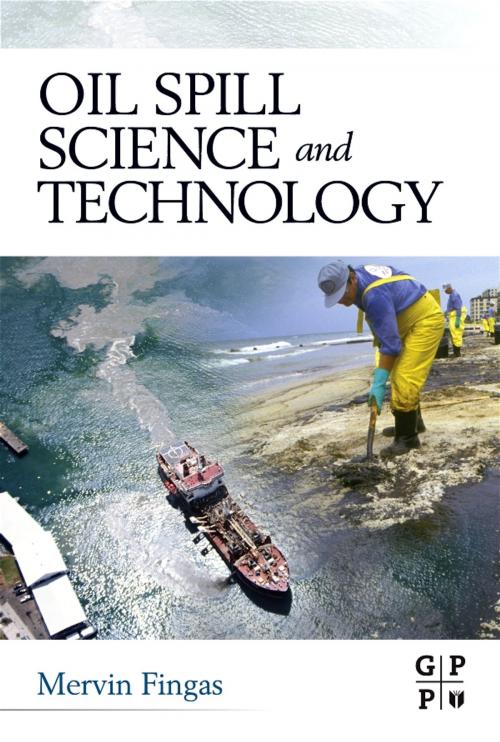Oil Spill Science and Technology
Nonfiction, Science & Nature, Technology, Petroleum, Science, Biological Sciences, Environmental Science| Author: | Mervin Fingas | ISBN: | 9781856179447 |
| Publisher: | Elsevier Science | Publication: | December 3, 2010 |
| Imprint: | Gulf Professional Publishing | Language: | English |
| Author: | Mervin Fingas |
| ISBN: | 9781856179447 |
| Publisher: | Elsevier Science |
| Publication: | December 3, 2010 |
| Imprint: | Gulf Professional Publishing |
| Language: | English |
The National Academy of Sciences estimate that 1.7 to 8.8 million tons of oil are released into world's water every year, of which more than 70% is directly related to human activities. The effects of these spills are all too apparent: dead wildlife, oil covered marshlands and contaminated water chief among them. This reference will provide scientists, engineers and practitioners with the latest methods use for identify and eliminating spills before they occur and develop the best available techniques, equipment and materials for dealing with oil spills in every environment. Topics covered include: spill dynamics and behaviour, spill treating agents, and cleanup techniques such as: in situ burning, mechanical containment or recovery, chemical and biological methods and physical methods are used to clean up shorelines. Also included are the fate and effects of oil spills and means to assess damage.
- Covers spill dynamics and behaviour
- Definitive guide to spill treating agents
- Complete coverage of cleanup techniques
- Includes fate and effects of oil spills and means to assess damage
The National Academy of Sciences estimate that 1.7 to 8.8 million tons of oil are released into world's water every year, of which more than 70% is directly related to human activities. The effects of these spills are all too apparent: dead wildlife, oil covered marshlands and contaminated water chief among them. This reference will provide scientists, engineers and practitioners with the latest methods use for identify and eliminating spills before they occur and develop the best available techniques, equipment and materials for dealing with oil spills in every environment. Topics covered include: spill dynamics and behaviour, spill treating agents, and cleanup techniques such as: in situ burning, mechanical containment or recovery, chemical and biological methods and physical methods are used to clean up shorelines. Also included are the fate and effects of oil spills and means to assess damage.
- Covers spill dynamics and behaviour
- Definitive guide to spill treating agents
- Complete coverage of cleanup techniques
- Includes fate and effects of oil spills and means to assess damage















